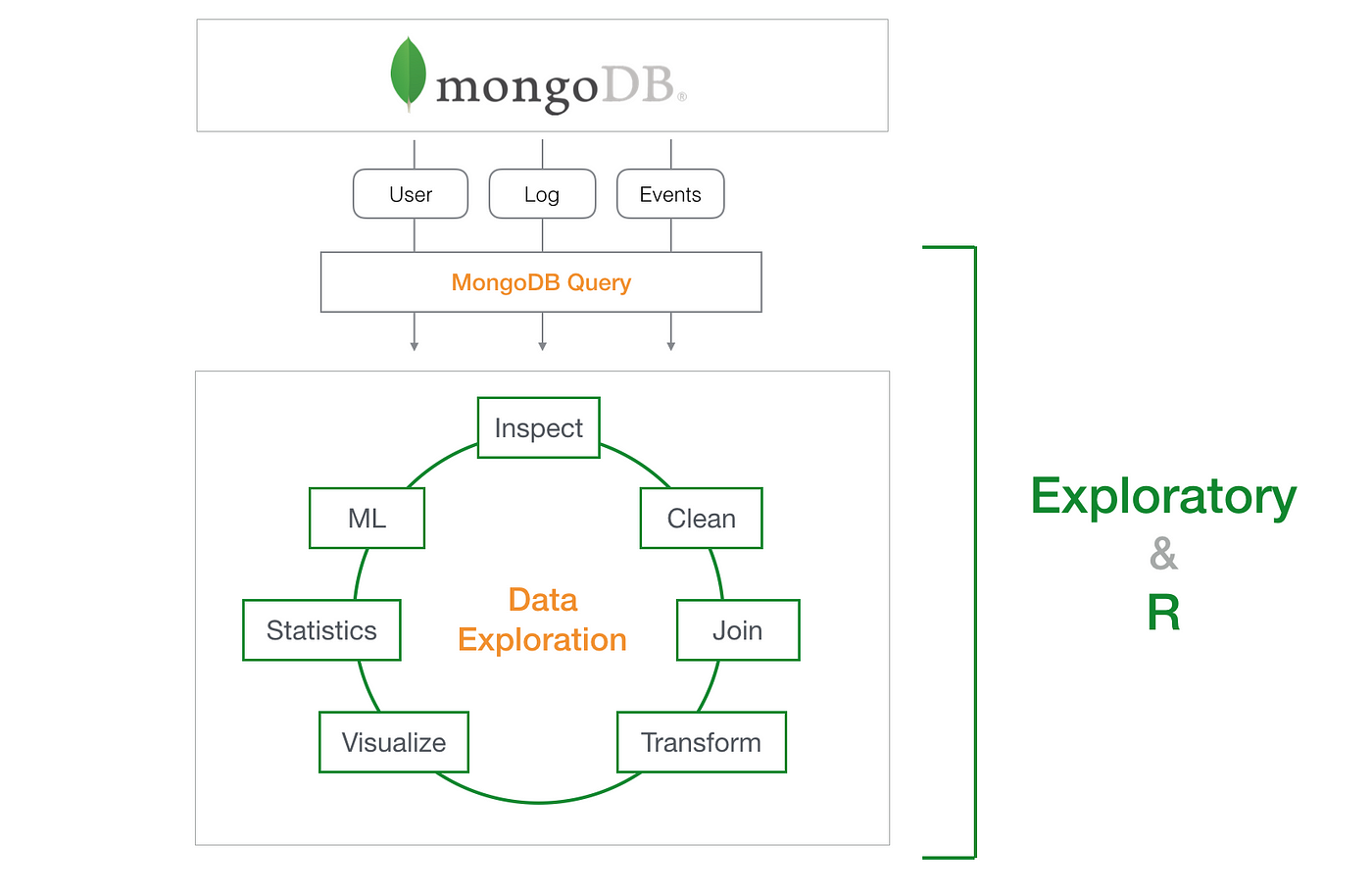“Unlocking MongoDB Magic: Mastering Query Operators ($gt, $lt, $in, $or & more)”
“Unlocking MongoDB Magic:
Mastering Query Operators ($gt, $lt, $in, $or & more)”
- Introduction: Why Query Operators Matter
Imagine searching for a specific book in a
massive library — you wouldn't want to check each shelf manually, right? That’s
what MongoDB query operators do for your data — they filter, find, and
fetch results in milliseconds. Whether you're building a social media
app or an e-commerce platform, MongoDB's operators help unleash
powerful data manipulation — without writing complex SQL.
- What
Are MongoDB Query Operators?
MongoDB query operators act like filters.
They allow you to match documents that meet specific
conditions, just like using filters on Amazon or Netflix.
These operators work within
MongoDB’s find() method and can be categorized into:
- Comparison Operators ($gt, $lt, $gte, $lte, $ne, $eq)
- Logical Operators ($or, $and, $not, $nor)
- Element Operators ($exists, $type)
- Evaluation Operators ($regex, $expr)
- Array Operators ($in, $nin, $all, $size, $elemMatch)
🧪
Explanation of Key Operators with Examples
1. $gt — Greater Than
Purpose:
Find documents where the value of a field is greater than a
specified value.
Syntax:
{ field: { $gt: value } }
2. $lt — Less Than
Purpose:
Find documents where the value of a field is less than a
specified value.
Syntax:
{ field: { $lt: value } }
3. $in — Matches Any Value in
an Array
Purpose:
Find documents where the value of a field matches any value in
a specified array.
Syntax:
{ field: { $in: [value1, value2, ...] }
}
4. $or — Logical OR
Purpose:
Return documents that match at least one of the given
conditions.
Syntax:
{
$or: [
{ condition1 },
{ condition2 }
]
}
- Procedure: How to Use Query Operators in MongoDB
Step 1: Open MongoDB Compass or Shell
👉 Start
MongoDB Compass or connect via shell:
Step 2: Use a Database and Collection
Step 3: Insert Some Data on the database
Step 4: Try the Operators
1) $gt
2) $lt
3) $in
4) $or
Future Scope of Query Operators
- AI & Analytics Integration:
Combine query operators with MongoDB Aggregation for
smarter predictions.
- Real-time Filtering: Power live
dashboards using operators like $gte, $regex, etc.
- Query Performance Optimization: Use
operators with indexes to boost query speed for large
datasets.
- IoT & Streaming Apps: Use
logical and array operators to dynamically filter sensor or event data.
Conclusion
MongoDB query operators are the backbone
of powerful queries. They simplify filtering, reduce code complexity, and
empower developers to work with data intuitively. From simple lookups to
complex multi-condition logic — mastering these operators is essential for
anyone using MongoDB.
Pranay Narkhede
University: Sri Balaji University, Pune
School: School of Computer Studies
Course: BCA (Bachelor of Computer Applications)
Interests: NoSQL, MongoDB, and related technologies









It's very nice 👍
ReplyDeleteNice explanation
ReplyDeleteVery clear and interactive guide!
ReplyDeleteWohhh Pranay ✨
ReplyDeletePerfect explanation Good Job 👍 👌
ReplyDeleteGreat Blog & Good Job..
ReplyDeleteGood information
ReplyDeleteGood information & great explanation
ReplyDeleteGood information
ReplyDeleteExcellent
ReplyDeleteVery Helpful , Well Explained and Informative
ReplyDelete